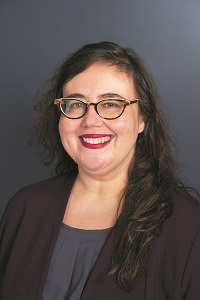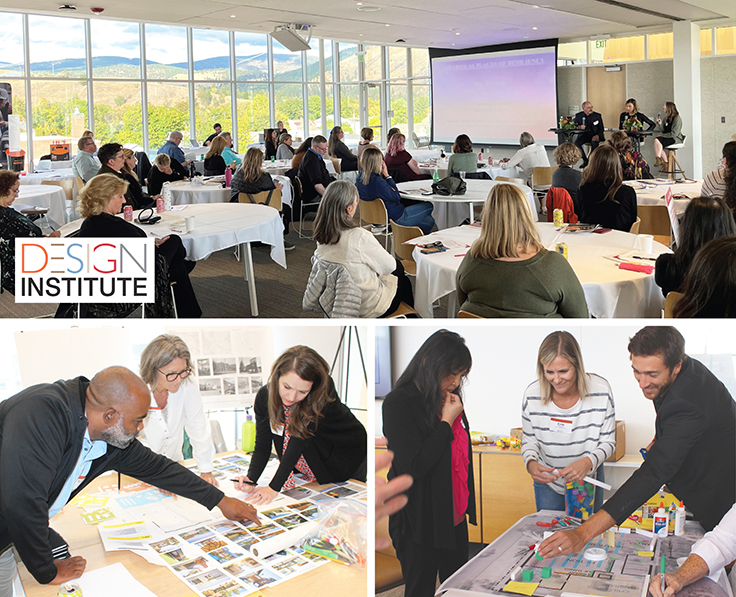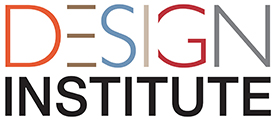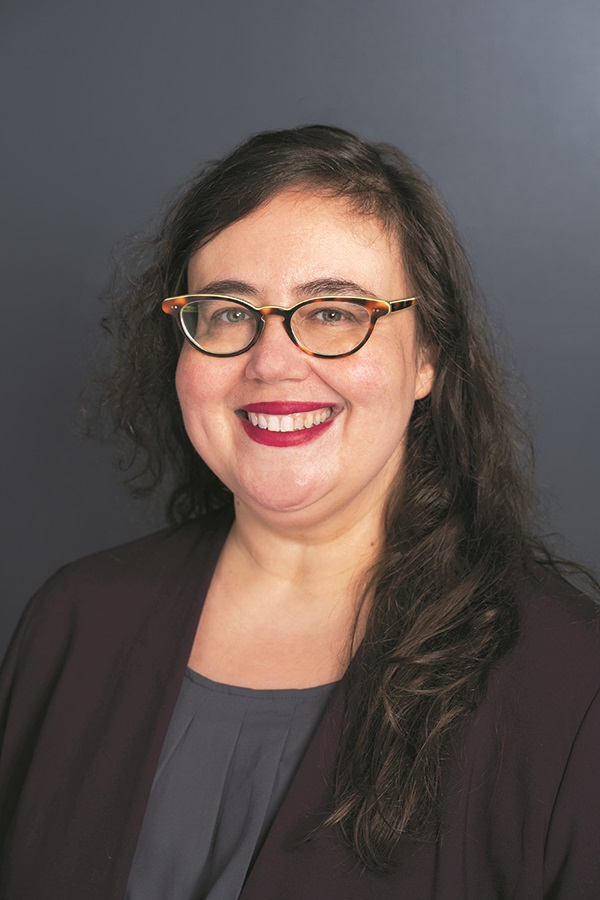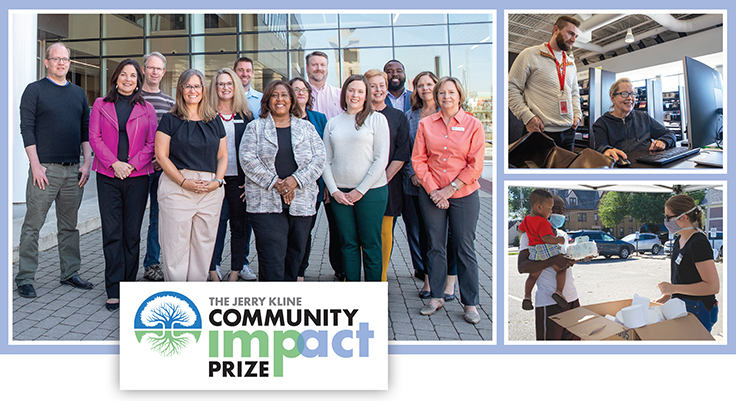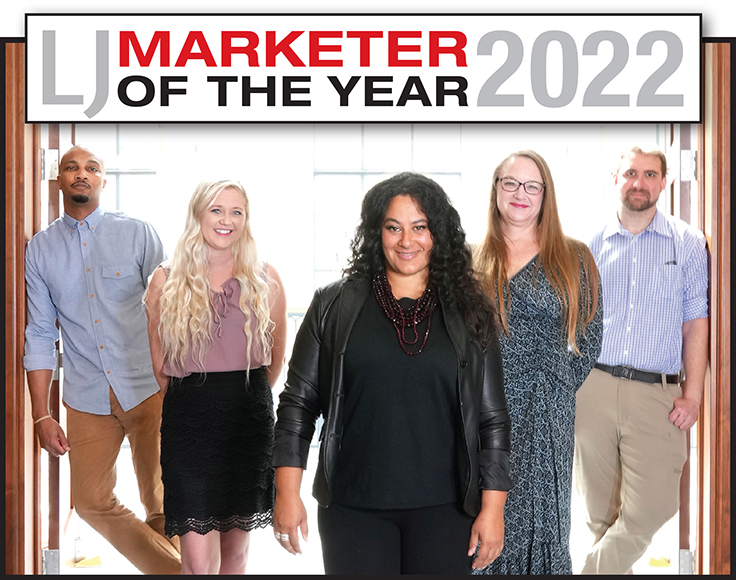Meredith Schwartz
488 Articles
From:
To:
The Work Lasts | Editorial
This will be my last editorial for LJ. For me, this news is bittersweet; I’m excited to begin a new role elsewhere in libraryland, as managing editor of CQ Researcher at SAGE Publishing. But I will miss my colleagues, the opportunities I have had here to learn from and collaborate with librarians across the country, and my chance to bend your ear every month.
The Advocacy of Grief | Editorial
Library advocates have become increasingly sophisticated about collecting the emotional outcome stories that bring to life how libraries change lives. We may, sadly, need to start applying that savvy to collecting the outcomes of what happens when libraries are lost or gutted, whether due to pervasive underfunding, as in the UK, or ideologically driven campaigns against books, displays, and programs that represent LGBTQIA+ and BIPOC experiences, as is being attempted in the U.S.
Responsive and Resilient | Design Institute Missoula 2022
LJ’s Design Institute in Missoula, MT, tackled new needs, tools, and techniques for library design in inspiring surroundings.
5 Design Challenges from Missoula | Design Institute Missoula 2022
At LJ’s 2022 Design Institute in Missoula, MT held at the Missoula Public Library on September 29, five libraries in Idaho, Montana, Minnesota, Oregon, and California enlisted architects and attendees to brainstorm on upcoming library design challenges.
Places of Refuge | Editorial
At LJ’s recent Design Institute in Missoula, MT, the term places of refuge came up several times. It was new to me, but the meaning was clear from the context: individual-scale spots within the larger, communal library. But the refuge the library can offer is inherently temporary. For libraries to help make their whole communities places of refuge, libraries need to facilitate long-term planning for resilience to disasters that are more frequent and severe—plus, support government policy changes to slow and perhaps reverse that progression.
Everyone At the Table: Cedar Rapids Public Library Wins 2022 Jerry Kline Community Impact Prize
Conscious inclusiveness has earned Cedar Rapids Public Library the 2022 Jerry Kline Community Impact Prize. Honorable mentions go to New York’s Patchogue-Medford Library and Columbia, SC’s Richland Library.
Charleston Times Two | Charleston Conference Preview
Rather than offering a subset of in-person programs live streamed to the at-home audience, concurrent schedules of separate virtual and in-person sessions, or both, this year's Charleston Conference is offering its in-person and virtual conferences two weeks apart.
All Hands on Deck at Nashville Public Library | LJ Marketer of the Year Award 2022
The six-person marketing department at Nashville Public Library is made up of enthusiastic collaborators—willing to listen, iterate, contribute to each other’s strengths, and involve the rest of the library in coming up with great ideas—with a strong leader who inspires creativity and teamwide respect. Los Angeles and Virginia Beach received honorable mentions.
Women's Work | Editorial
Teachers, librarians, and nurses have some important things in common. They do essential, mission-driven work. They’re mostly women (from 74 percent of teachers to 90 percent of nurses). They’re often underpaid. They’ve faced increased job stressors in the last few years. Many are thinking of leaving their jobs, if not fields—up to 77 percent of Texas teachers in a recent poll. The resulting shortages put more pressure on those who stay.
ALREADY A SUBSCRIBER? LOG IN
We are currently offering this content for free. Sign up now to activate your personal profile, where you can save articles for future viewing

